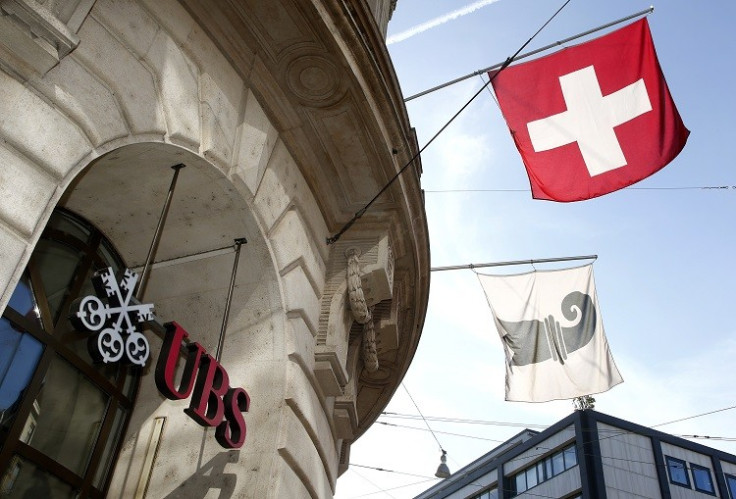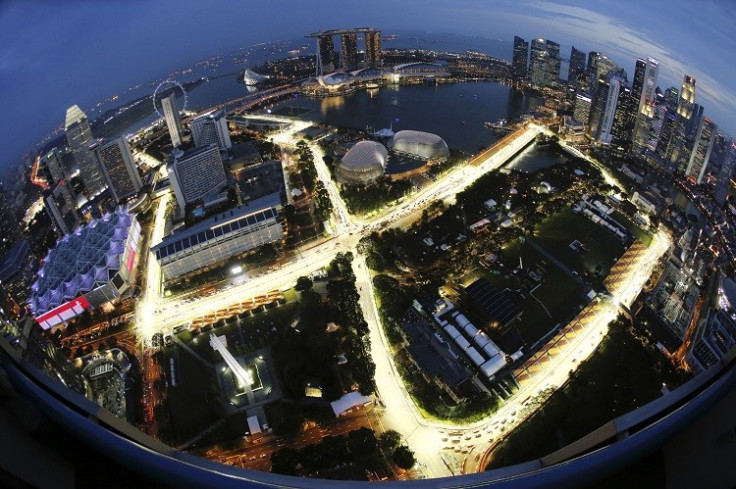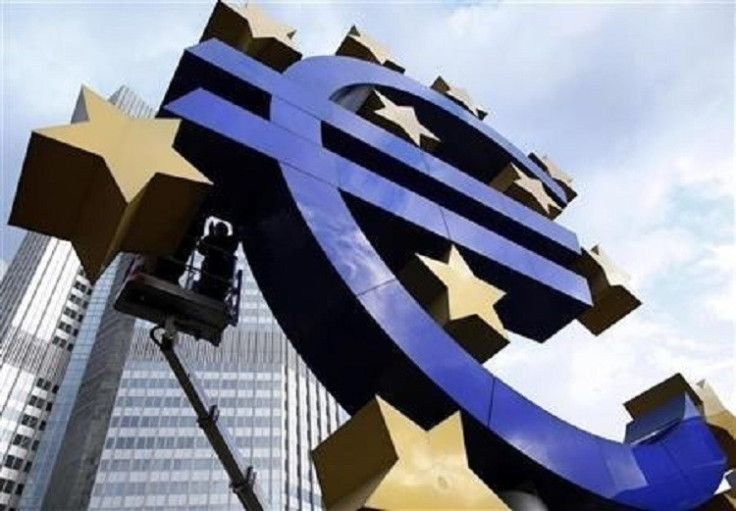The Middle East, Monaco, Singapore: Who's Profiting From the Swiss Banking Secrecy Ratline?

I asked a professor of economics from a well-known university in Switzerland where the money leaving his country's coffers might be heading.
"I'm not a detective and neither am I psychic," he replied.
The professor's comments are prescient.
Her Majesty's Revenue and Customs (HMRC) has been busy counting its chickens in the form of a Swiss-UK tax treaty that it promised would return £3bn (€3.6bn, $4.8bn), only to end up with egg on its face.
Last week MP Margaret Hodge grilled HMRC top brass about why they had only been able to recoup £440m, instead of the billions that already been factored into government balance sheets.
Revenue representatives spluttered something about 18,000 names that had been handed over by Swiss authorities and letters that had been sent to half of those.
Good luck with that.
Unravelling the Swiss Banking Story

The opening up of Switzerland, where some have estimated one third of all the private wealth on the planet is stashed, must seem alluring to governments of developed countries.
The systematic dismantling of Swiss bank secrecy began in earnest in 2007 with UBS whistleblower Bradley Birkenfeld, who cut a deal with US justice and tax authorities, which netted him $104m.
The process is reaching its conclusion with the iconic figure of Raoul Weil, the former head of global wealth management at UBS, who is to be nailed up in gut-spilling, high media theatre.
Back in 2009 the Swiss parliament was forced to ratify a deal with the US to stop it slapping interminable fines on UBS and, in extremis, forcing the bank to withdraw from the US marketplace altogether.
At this point UBS advised many of its clients to take advantage of an IRS self-reporting facility that would prevent prosecution before it was too late.
It's worth noting that some smaller and less exposed Swiss private banks approached UBS clients offering schemes to continue concealing their wealth.
Of course the US got round to UBS' Swiss colleagues later on, leaving reams of indictments and actual bank closures in its wake.
Money always shifts osmotically from areas of high regulation to those with less.
This is the basis of laissez-faire economics.
Money Leaving the Country?

It seems likely the smart assets, and those in particular that on no account want to be identified, would have vanished by the time UBS had entered into a deferred prosecution agreement with the US.
Unsurprisingly, a spokeswoman for the Swiss Federal Tax Administration denied that money was leaving the country:
"We have no indication that a significant amount of money has been transferred out of Switzerland to other financial places," she said.
However article 18 of the Swiss-UK tax treaty mentioned before, contains the following provision:
"Switzerland will provide the UK with a list of the ten states and territories that turn out to be the greatest recipients of assets between 6 October 2011 and 31 December 2012, as well as the corresponding number of persons involved in such transfers. This statistical data will provide a good foundation for the UK tax authorities to continue their efforts to combat tax evasion with the jurisdictions to which alleged tax evaders have shifted their assets. UK will receive this information at the latest until 30 April 2014."
A tax lawyer, who said he would prefer to remain nameless, commented: "I would expect a lot of the money will have left Switzerland prior to 2011. The statistics will therefore not capture the true level of funds involved."
He said it was anyone's guess where that money had gone, but added that his top choices would be: Singapore, Middle East (Dubai, Abu Dhabi), Panama, Monaco, Hong Kong.
"The common link in all these places is that there's no immediate exchange of information process happening with the UK."
He said his long shots would be places like Uruguay - for people that are really determined to hide their identities.
In Singapore, for instance, tax evasion was not a money laundering offence and only became so last year.
The country's regulators have asked for a review of all high-risk clients, which was to be done by 30 June 2013 and a review of all others by 30 June 2014. This is to be followed by a program to decide what to do with the findings.
The whole process was prompted by capital movements out of Europe, the lawyer said.
"A number of pressure points are opening countries around the world. There is however more pressure on some places than on others.
"The Middle East is under practically no pressure at all. There is no prospect of exchanging information with anyone forthcoming.
"Monaco is interesting because it relies on the French who have not asked it to do anything.
"Banking in Monaco is not a problem for the French, yet they are only ones who can really open it up," he added.
Regulators Try to Crack Down

There are a number of regulatory actors bearing down on secrecy jurisdictions.
Leading the charge on US wealthy tax evaders in offshore jurisdictions is the draconian Foreign Account Tax Compliance Act (which is to austerity-era taxation, what the Patriot Act was to terrorist financing post 9/11).
The UK has also adopted a form of the Foreign Account Tax Compliance Act (Fatca) which is being applied to crown dependencies like Jersey, Guernsey and the Isle of Man as well as places like the British Virgin Islands, and which aims at a limited but automatic exchange of information.
Another player is the Organisation for Economic Co-operation and Development (OECD). In October Switzerland finally got round to signing the OECD's tax convention.
Switzerland said it now, "adheres to an instrument that will allow it, in due time, to join the jurisdictions that will decide to exchange financial information automatically."
Stephen Camm, a partner at PwC, said: "The OECD is something of red herring when it comes to ending banking secrecy. It compiles black, grey and white lists of jurisdictions. Counties move up according to tax information agreements made with other countries.
"You have to be clear about what these agreements entail. The country has to ask about a given individual and have reason to."
The EU's Role
As well as the US and Fatca, the EU is another driver.
It has committed to automatic exchange of information by 2015 with places Luxembourg.
"The G8 and later G20 are also important and have committed to more tax transparency and global exchange of information," said Camm.
The UK might be disappointed with the three quarters of a billion or so its treaty will squeeze of out of Switzerland, but information, such as a top ten list of money transfer destinations out of its jurisdiction, is invaluable in the drive to close taxation loopholes and money laundering hotspots across the world.
And of course it's not just the private wealth of individuals masquerading within shell companies and nebulous trusts that needs exposing, but also the earnings of the world's largest and most powerful companies.
But that would be the subject of a different article.
© Copyright IBTimes 2025. All rights reserved.






















